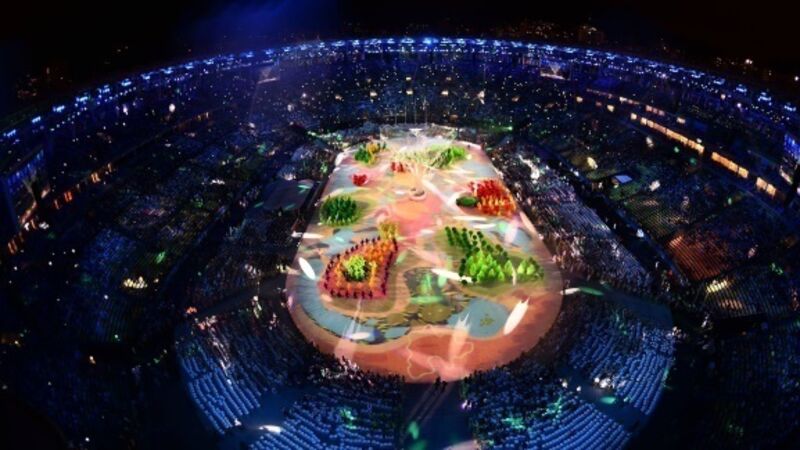RIO 2016: Brazil breathes sigh of relief at colourful closing ceremony

A blustery storm, a touch of melancholy, and a sense of pride converged at the closing ceremony of the 2016 Olympics as Brazil breathed a collective sigh of relief at having pulled off South America’s first Games.
After a gruelling 17 days, Rio de Janeiro cast aside early struggles with empty venues, security scares, and a mysterious green diving pool to throw a huge Carnival-like party.














